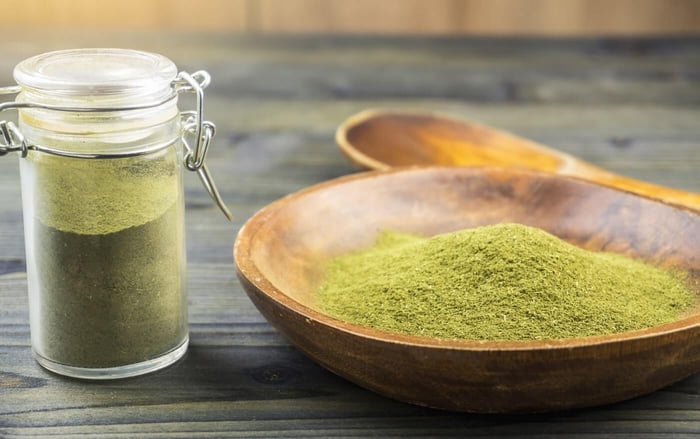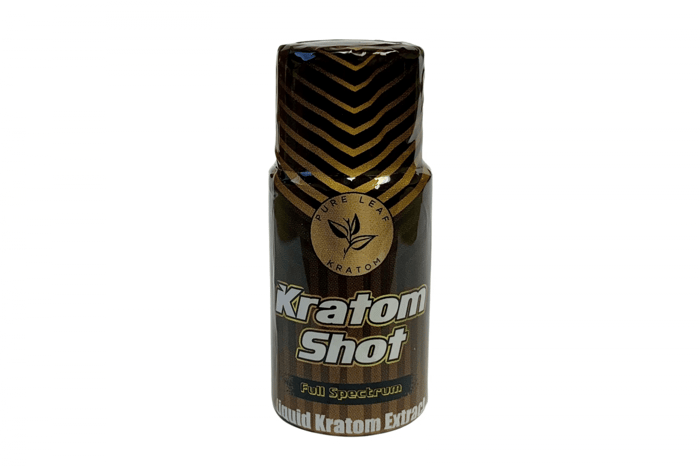
Restrictions: Why Isn't Kratom Marketing As Free As Other Products?
Restrictions: Why Isn't Kratom Marketing As Free As Other Products?
Embarking on the intricate journey of Kratom, one quickly encounters a landscape marked by stringent advertising restrictions. In a world inundated with product promotions, it's perplexing that Kratom, a substance with a complex legal standing and varying perceptions, navigates a maze of regulations governing its marketing. As marketers endeavor to communicate the benefits and intricacies of Kratom, they find themselves walking a fine line, constrained by specific labeling practices, prohibitions on health claims, and limitations on marketing treatment plans.
Unraveling the impact of these restrictions reveals a landscape where deceitful suppliers, misinformed customers, and the spread of incorrect information pose challenges to the Kratom community. Join us as we delve into the intricate web of Kratom advertising restrictions, exploring their implications and the commitment of sellers like Pure Leaf Kratom to transparency and quality.
Navigating the Tangled Web of Kratom Advertising Restrictions
In a world awash with advertisements, it's perplexing that Kratom operates under such stringent advertising guidelines. Marketers find themselves walking a tightrope, restricted in their ability to make claims or promises about the product. These constraints are not universal; they vary between products and states, creating a complex landscape.
Kratom's legal status adds another layer of complexity, as it remains legal in most parts of the U.S. while facing bans in others. The lack of understanding surrounding Kratom plays a significant role in these decisions, revealing a pattern that has developed over the years.
The Reality of Restrictions
In the realm of kratom, advertising faces some of the most restrictive measures. The limitations imposed on the marketing of Kratom dictate what can and cannot be communicated about the product. Here are the key restrictions:
- Specific Labeling Practices: Product labels must contain essential information, including the composition of active ingredients, FDA-mandated disclaimers, and batch identifiers for traceability during testing.
- No Health Claims: Marketers cannot make any medical claims about Kratom's effects. Even anecdotal accounts from users must be presented cautiously to avoid discussing its impact on the body.
- No Marketing of Treatment Plans: The inability to market Kratom as a specific cure for any ailments, illnesses, or symptoms limits suppliers from providing clear instructions on usage.
Impact of Restrictions
The impact of restrictions on Kratom unfolds as a complex tapestry with consequences felt by both sellers and consumers. These stringent rules, aimed at ensuring transparency and consumer protection, inadvertently create a breeding ground for misinformation and confusion.
- Deceitful Suppliers: Lack of explicit rules can lead some suppliers to engage in unethical practices for profit rather than genuinely helping consumers, including counterfeit kratom extract, or expired kratom powder and capsules.
- Misinformed Customers: Restrictions limit what sellers can say, leaving customers in the dark about the basic truths of the products they purchase.
- Incorrect Information: FDA regulations contribute to misinformation about Kratom, hindering long-term advocacy efforts.
Bottom Line
While Pure Leaf Kratom strives to adhere to regulations, the constraints pose challenges. Despite these limitations, the commitment remains to offer clients the best with each batch sold. The journey through the tangled web of Kratom advertising restrictions continues, with the aim of providing transparency and quality to consumers.
Conclusion
In conclusion, the world of Kratom is not just a tapestry of diverse strains and effects but is also intricately woven with advertising restrictions that significantly shape how this herbal supplement is portrayed to the public. The limitations on health claims, treatment plans, and specific labeling practices form a regulatory framework that, while aiming to protect consumers, introduces challenges for both sellers and buyers. The impact is palpable, leading to potential deceit by unscrupulous suppliers, confusion among customers seeking quality information, and the perpetuation of misinformation.
Despite these hurdles, reputable sellers like Pure Leaf Kratom strive to uphold quality standards and transparency within the bounds of these regulations, ensuring all the integrity of their kratom for sale. As we navigate this complex landscape, the commitment to providing the best possible Kratom experience remains unwavering, with an ongoing dedication to responsible marketing and customer education.




